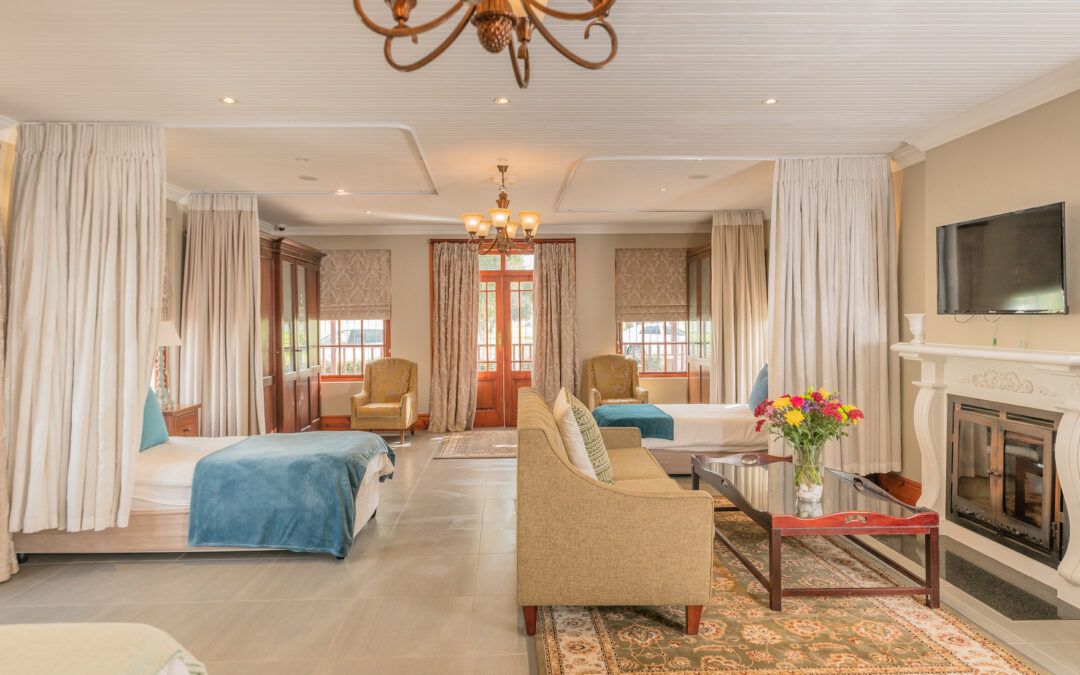When faced with the job of choosing the best long-term private frail care home for a parent with dementia or Alzheimer’s, adult children frequently ask themselves “How do I even begin?”. This is frequently followed by the query, “How much does it cost?” Your quest, like so many others these days, is likely to begin on the internet. Conduct a Google search for “private frail care” and you’ll find some good alternatives. Of course, this is only the beginning. More significantly, a successful search and final decision necessitate a thorough examination of the frail care facility’s specifics, including the living environment, personnel and caretakers, food, activities, safety features, regulations, and so on. This necessitates a visit and tour of each potential frail care facility, with time allotted for seeing what the environment is like and asking questions.
Alzheimer’s and Dementia Patients Have Unique Needs
Persons with dementia or Alzheimer’s disease have unique needs that should be considered during the facility selection process. The following are some of the questions to consider:
- What kind of dementia-related training does the personnel have?
- What is the ratio of personnel to residents?
- How does the staff deal with challenging behaviours like bathing and wandering?
- How often do the residents have a bath?
- Is there any specific help for people who have trouble eating?
- Do caregivers communicate effectively in English or the resident’s native language?
- Is there a way to keep track of each resident’s specific care plans?
- How does a resident obtain medical care?
- Is there a doctor on call that works regular hours at the facility?
- Will staff make arrangements for outside medical appointments?
- What additional personnel do residents have access to?
- Is there a set of hours for visits and family, and if so, what are they?
- Is the facility safe for residents who walk off?
- How does the staff deal with residents entering another’s room?
- Is there a family members’ support group?
- When a person is having trouble adapting, how does the institution respond?
- What was the standard procedure in the past?
The questions above are specific to the requirements of someone with Alzheimer’s or dementia, but there are many more, and the following questions are applicable to anybody, including someone with Alzheimer’s or dementia.
- What types of organized activities do you have planned for the week?
- Is there a place of worship in the facility?
- What about one-day excursions?
- Is it possible for residents to bring their own furniture and belongings?
- Is there a bus service that transports inhabitants to various activities?
- Is there a way to accommodate a particular diet in the kitchen?
- Is it possible for a resident to enter hospice care at this facility?
- What might motivate someone to relocate elsewhere?
- How frequently do catastrophe exercises take place?
Taking care of a loved one who has a long-term or fatal disease can be one of the most difficult and exhausting experiences a person can go through. Whether it’s providing care for someone dear to you through a period of severe sickness or being there for them in their dying days, it takes a lot of strength. Family members are not trained caretakers and should be able to focus their efforts on offering all of the love and support they can.
Livewell is a private frail care and dementia care facility with Estates in Somerset West and Bryanston, South Africa. Our residents may benefit from professional health care, excellent meals, individualized care and medication management, and elegant settings, all while being near to a hospital. Our luxury frail care facility is a separate ward with 24-hour nursing care and carers who are highly trained to assist individuals in need.
If you would like more information about our private frail care, please contact us.
